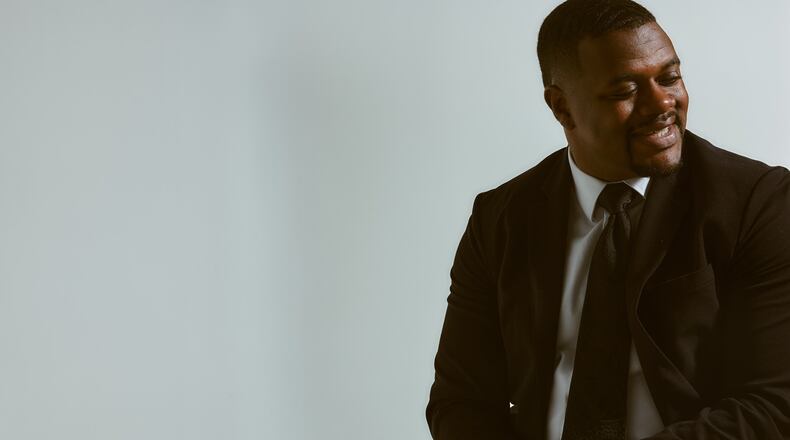What do those words and his life mean to us in 2023? And what can we do?
The first step is dismantling the idea of self-preservation. Self-preservation, which is rooted in fear, tells us that we must maintain a level of security and familiarity. Black communities have been desperately seeking avenues to voice the hard truths of our experiences. For Black and white communities to embody peaceful change, both sides must be willing to listen one another and creatively develop solutions together.
For a true sense of community to be cultivated in neighborhoods, work places, and social spaces, we must completely redefine our understanding of what community is and what it looks like. As it stands, predominantly white communities often have many amenities: Starbucks, gyms, and upscale grocery stores come to mind. Most importantly, you find high levels of homeownership and thriving economic development.
Those amenities, rates of homeownership and development are not found in predominantly black communities unless gentrification is taking place. We aren’t making progress.
Here is an alarming stat for you: according to the US Census Bureau, national black homeownership fell in 2019 to 40.6%, down from the 2004 peak of 49.7%. The homeownership gap is increasing, not decreasing. In 2022, 74.6% of white households owned their homes, compared with 45.3% of Black households — a gap of more than 29 points. In 1960, the white homeownership rate was 65%, and the Black rate was 38%, a 27-point gap. According to a 2018 report by the Brookings Institution, in the Dayton metro area, homes of similar quality in neighborhoods with similar amenities were on average worth 23% less ($14,568 per home) in majority-Black neighborhoods compared to those with few or no Black residents.
Once you gain new information, you become responsible for what you do with it. There has to be empathy for those who are marginalized and effort to learn the cultural, economic and social implications of being a minority.
Reach out to your local NAACP chapter and get involved in available fundraisers and educational opportunities. You don’t have to be Black to assist in this effort. If you are a business-owner, support minority-owned and small disadvantaged businesses financially through the Ohio Minority Supplier Development Council and use those goods and services. For established entrepreneurs, connect with aspiring entrepreneurs and expose them to the opportunities, resources and education that will help them to grow a thriving business that is relevant and sustainable.
To unlock the potential of true community, the double lock must have both key-holders in place, and both must turn their respective key. Connect with someone that doesn’t look like you, ask questions, and build authentic relationships. In other words, be ready to turn your key.
Rion Robinson is a preacher, business leader and podcaster of the Life Refreshed podcast.
About the Author
